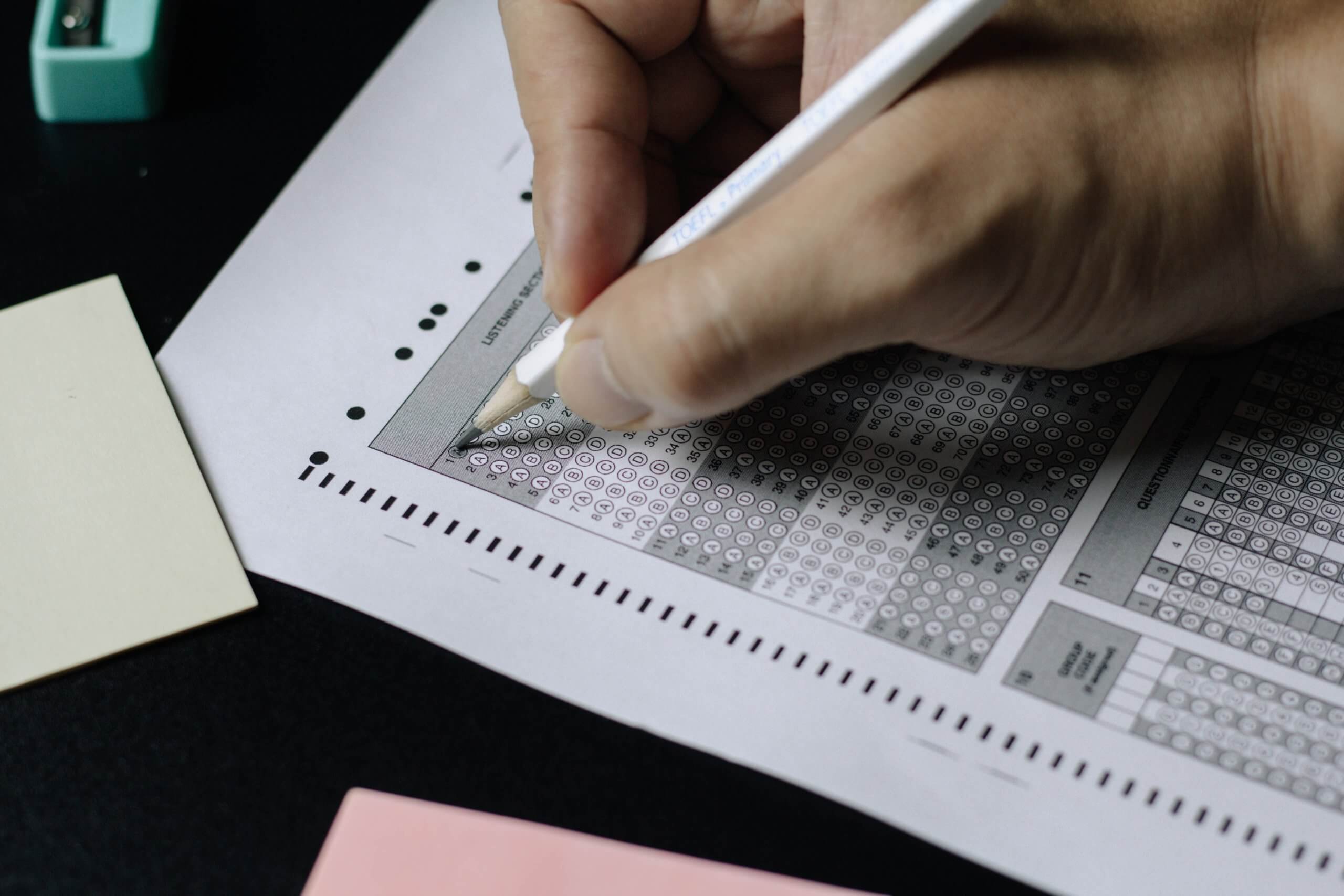Although the classroom COVID-19 policies are lessening, the long-term effects are just now coming to the surface. Along with rampant learning loss, the world of college admissions has been turned on its head. Changes in standardized test requirements, COVID-19 driven transcript omissions, and modified interview formats have made college admissions even more perplexing than the pre-covid era.
Even though our primary services revolve around foundational executive functioning skills, our time with students almost always spills into other areas, such as traditional subject tutoring, standardized test preparation, and college essay writing help. With that in mind, our goal in this post is to demystify the changing world of college admissions.
Let’s start with standardized testing. Over a thousand colleges across the US have changed their approach to emphasizing standardized test scores. Since the coronavirus pandemic, many schools have actually updated their admissions policy to reflect the current challenges of taking the SATs and ACTs safely. Regardless of a pandemic, test-optional policies are a growing trend in admissions guidelines, which allow students to decide whether or not to include their SAT or ACT scores in their college applications. This lets applicants decide if their scores accurately reflect their academic ability. However, many of these schools only allow flexibility for students applying to specific programs or college majors. Students will still have to demonstrate their academic abilities in other ways, but for students who did not score well on their SAT, a college with a flexible admissions policy may be the answer to acceptance. It’s worth noting that some of these admissions policies won’t last forever. While schools like Texas A&M and the University of Chicago will remain test-optional for the foreseeable future, other programs like Tufts will be test-optional through 2024.
The existence of test-optional programs adds another wrinkle in the college admission strategy. For students who are a bit behind in math due to COVID-19 learning loss or for those struggling with learning differences, test-optional universities can provide a unique opportunity for them to demonstrate their academic potential. On the other hand, students who crush standardized tests can use their scores to further shape the impression on schools. In either case, thorough research and planning is more critical than ever, as college admissions have been incredibly competitive of late.
Some 57,435 students applied to Harvard last year, an increase of 43% over the previous year. Harvard admitted 1,968, including those who applied early. Columbia received 60,551 applicants, a 51% surge, and admitted 2,218. The pandemic has increased the number of applications that schools received (due to test-optional policies) and changed the applicant pool drastically, as more students defer or choose to take a gap year. It is impossible to predict the applicant pool for next school year, given these swings in both the number of applicants and acceptance rates. With this in mind, students should plan to apply to more schools to counterbalance the unpredictable nature of admissions during COVID-19.
Furthermore, with changes to testing policy, other components of a student’s application become much more important. The admissions interview and the application essays are unique opportunities for students to shape the impression they leave on schools. Like the impression management component of our unique executive functioning skill curriculum, we can help students think strategically about their perceptions. Many aspects of our impression management repertoire assist students in admissions. Forming relationships with teachers leads to better recommendation letters. Mastering the are of the first impression aids in interviews. With the fluid nature of college admissions, impression management has become vital to helping students put their best foot forward.
Planning ahead, mastering impression management, and strategic decision-making are the antidotes to the chaos of COVID-19 college admissions. For more information on how we can help your student put their best foot forward, please reach out today!





